Are we raising unhelpful, bossy kids? Here’s the fix.
"Are We Raising Unhelpful, Bossy Kids? Here's The Fix" is an NPR segment that delves into the nuances of fostering cooperation and helpfulness among children. Hosted by Michaeleen Doucleff, author of Hunt, Gather, Parent, the segment explores practical parenting strategies supported by psychological research and observations from various cultures. Doucleff's approach is grounded in real-life challenges faced by parents and enriched by her anthropological research and personal experiences.
Content Coverage
The segment discusses the natural inclination of children to help, a phenomenon Doucleff observed transcending cultural boundaries. Featuring insights from psychologist Lucia Alcala, who conducted experiments encouraging children to collaborate on tasks, the segment provides both theoretical knowledge and practical applications. For example, the model grocery store experiment illustrates how structured cooperation can significantly impact children's behavior and interactions (Georgia Public Broadcasting) (KUNC) (KPBS).
Key Takeaways for Parents
Parents listening to this segment can gain several actionable tips:
Start Early: Introduce children to small responsibilities early to build their natural tendency to help.
Positive Instructions: Provide clear, constructive instructions to enhance children's cooperation.
Role Modeling: Demonstrate the behaviors you wish to instill; children learn significantly from observing adults.
Empower with Choices: Allow children to choose how they contribute, increasing their engagement and enthusiasm.
Critiques of Doucleff's Philosophy
While Michaeleen Doucleff's approach is widely appreciated, it has faced certain critiques:
Cultural Relevance and AdaptabilityL Some critics argue that Doucleff's emphasis on traditional parenting practices from non-Western cultures may not be directly applicable to Western households.
Parenting strategies from hunter-gatherer societies: These often involve communal living and collective child-rearing, which may clash with the nuclear family structure and individual-focused upbringing prevalent in Western societies. This discrepancy can lead to challenges in directly applying these methods without adjustments that consider the specific social, economic, and cultural contexts of modern Western families.
Counterpoint: The core principles of these traditional parenting strategies—such as fostering a sense of community, shared responsibility, and cooperative behavior—are universally beneficial and can be adapted to fit different family structures. For instance, while communal living may not be feasible, parents can create micro-communities through playgroups, cooperative learning, and extended family involvement. These principles help build resilience and social skills in children, which are valuable in any cultural context (KUNC) (KPBS).
Modern Developmental Psychology: Another point of criticism lies in the potential neglect of contemporary developmental psychology advancements.
Lack of scientific backing: Critics suggest that while traditional methods can provide valuable insights, they often lack the backing of scientifically controlled studies typical of modern psychological approaches. For example, Western developmental psychology has developed specific strategies for managing child behavior that are based on recent cognitive and behavioral research, which may not be covered by the practices discussed by Doucleff.
Counterpoint: While traditional methods might not have modern scientific validation, they have been validated through generations of practical application and observed success in diverse cultures. Many principles from traditional practices align well with modern psychological theories like self-determination theory and positive discipline. Integrating these methods with current research offers a holistic approach to child-rearing that respects both cultural wisdom and scientific evidence (Georgia Public Broadcasting) (KUNC).
Structured Learning and Discipline: There is also debate over Doucleff's preference for less structured and more fluid child-rearing approaches.
Structured environments and clear disciplinary practices: These are seen as crucial for developing self-discipline and critical thinking. Critics from educational psychology backgrounds may argue that structured learning environments and clear disciplinary practices are crucial for child development. They contend that these structures help in setting boundaries and expectations that are necessary for a child's security and learning. Critics might cite studies that suggest structured discipline and scheduled activities help develop self-discipline, critical thinking, and the ability to adhere to societal norms.
Counterpoint: Doucleff's philosophy does not reject structure and discipline but emphasizes flexibility and responsiveness to a child's developmental needs. Traditional practices often include implicit structures guiding behavior, such as clear social roles and expectations. Research indicates that excessive rigidity can stifle creativity and intrinsic motivation. A balanced approach combining structured learning with opportunities for free play and self-directed activities can foster both discipline and creativity in children (KPBS).
While critiques exist, Doucleff's approach integrates traditional methods with modern insights, offering significant benefits. This balanced strategy fosters cooperation, resilience, and independence in children, respecting both traditional wisdom and contemporary research. "Are We Raising Unhelpful, Bossy Kids? Here's The Fix" provides a comprehensive toolkit for modern parenting, making it a valuable resource for parents aiming to cultivate a supportive and cooperative home environment. For a deeper exploration of these themes, Doucleff's book Hunt, Gather, Parent is highly recommended.
Affiliate Disclaimer: Some links on our site are affiliate links, which means Modulo may earn a small commission if you purchase through them (at no cost to you). Rest assured, we only recommend resources we’ve rigorously vetted and truly love—affiliate link or not. Thank you so much for supporting our work!
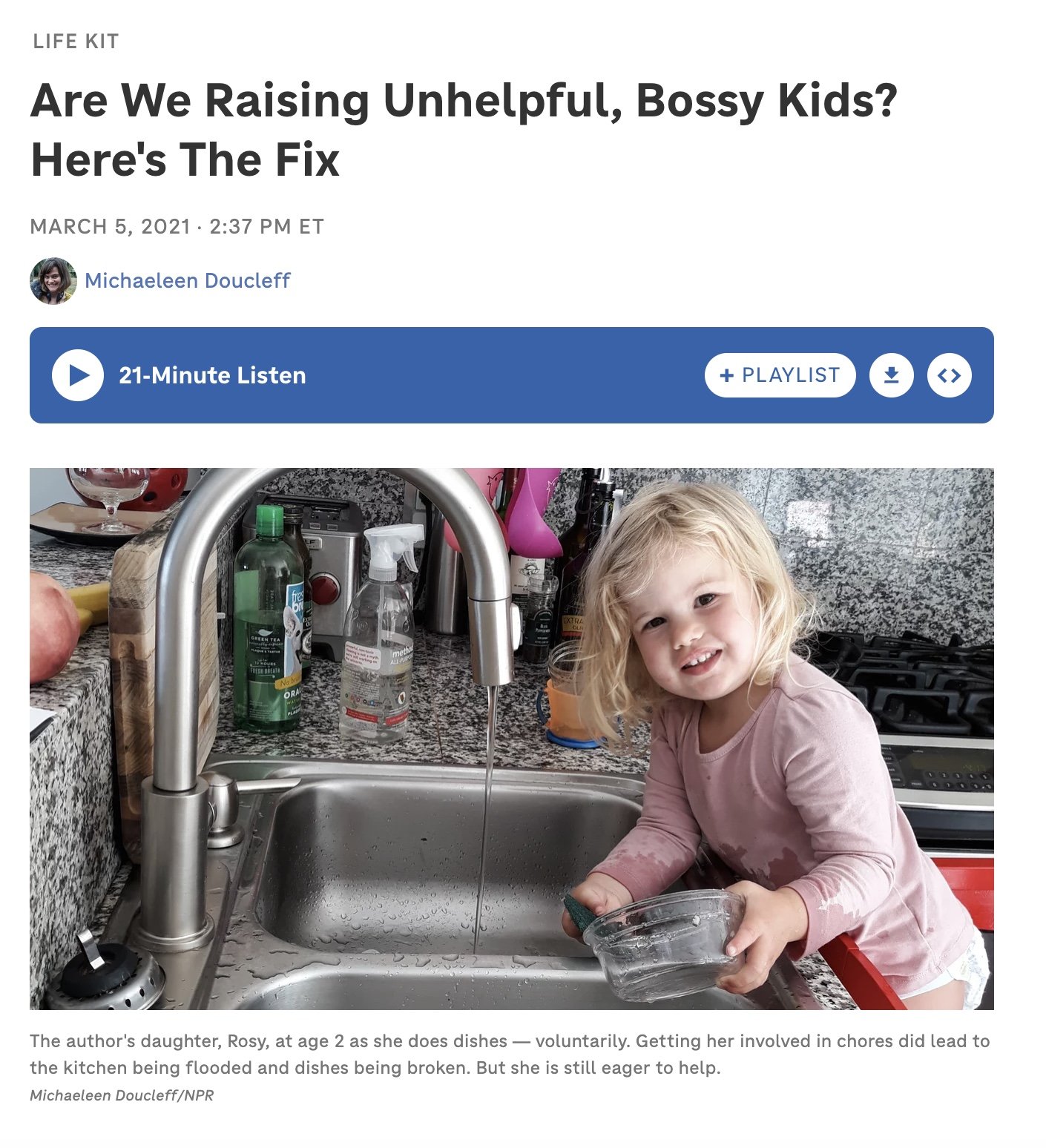

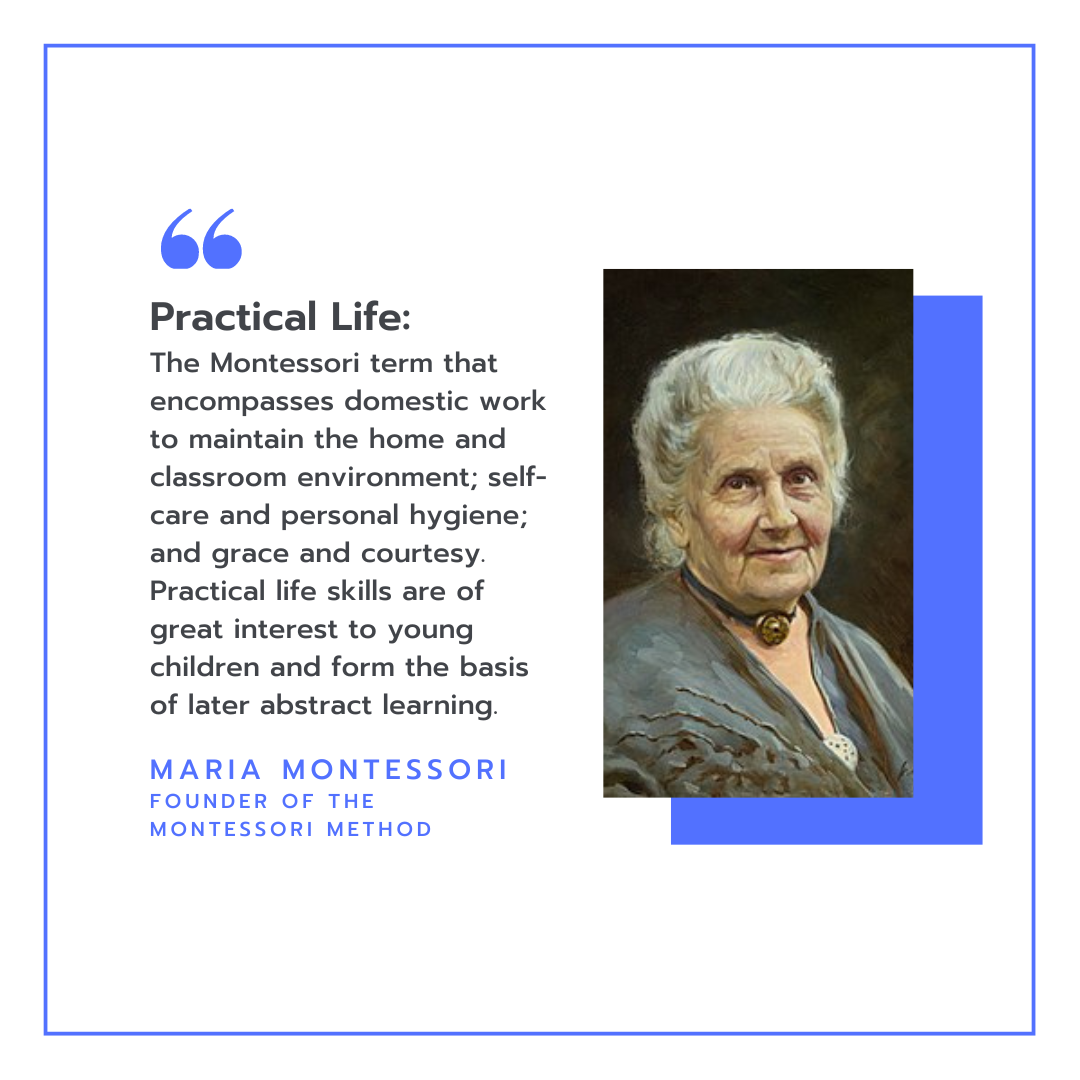
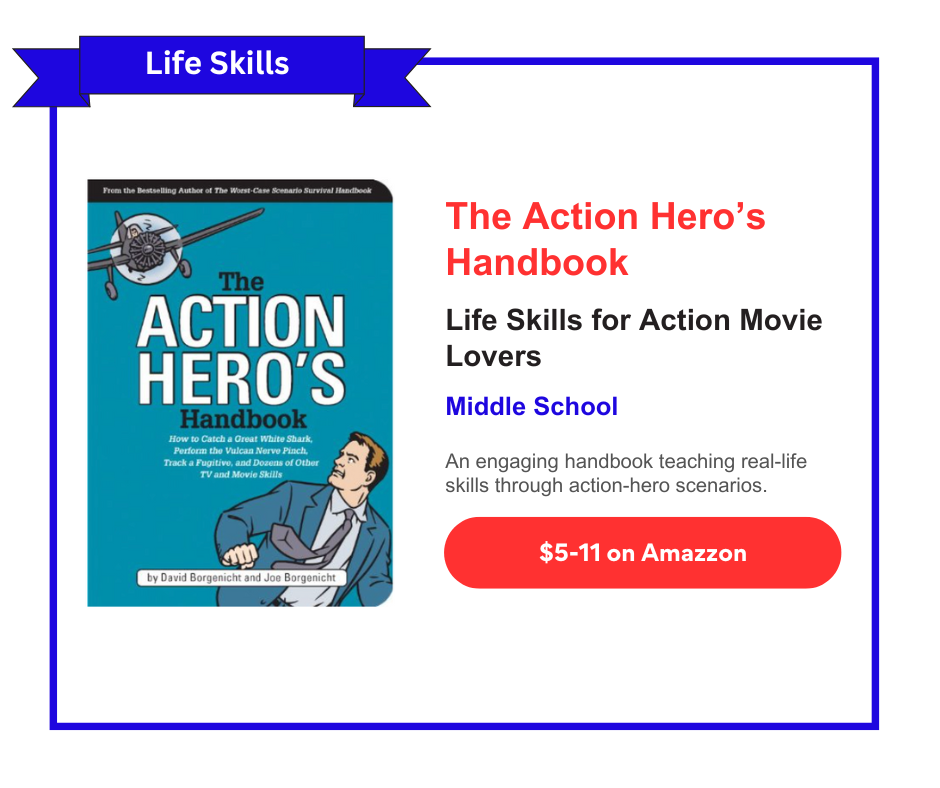





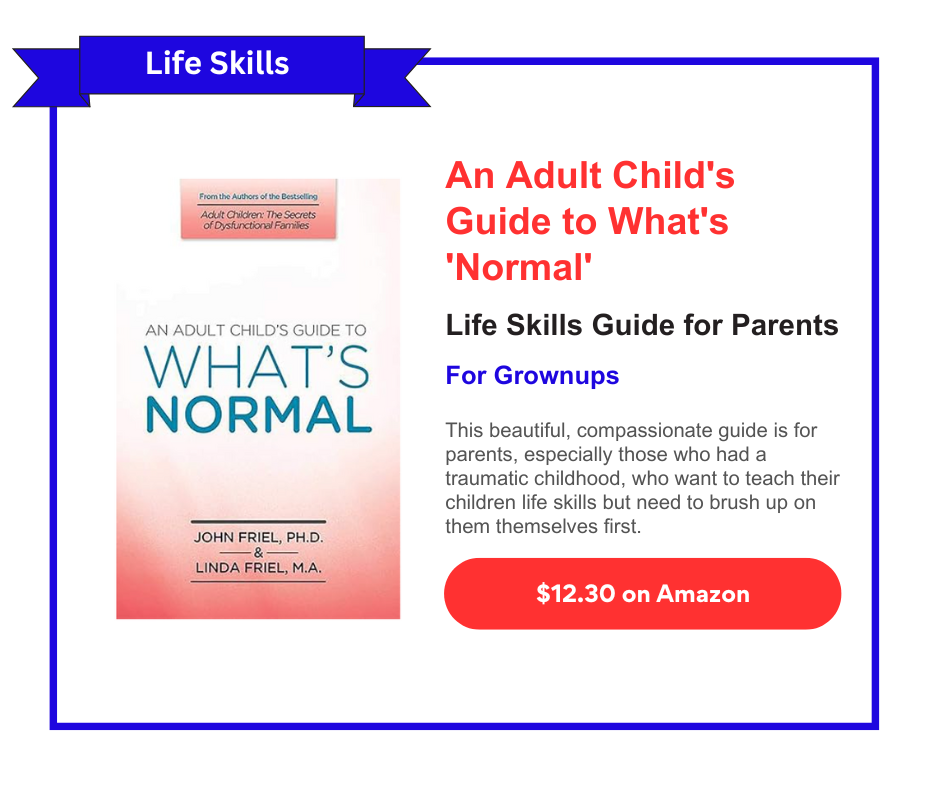


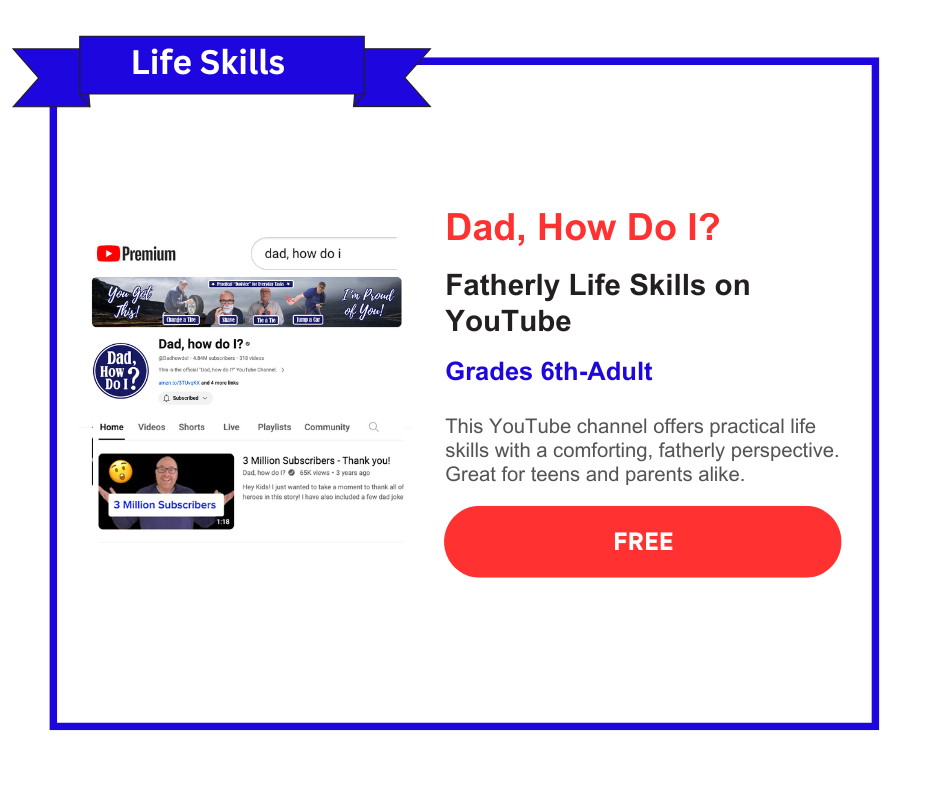

Discover NPR's Life Kit: Parenting, a podcast offering science-backed advice and practical tips from experts to help you navigate the complexities of raising children.